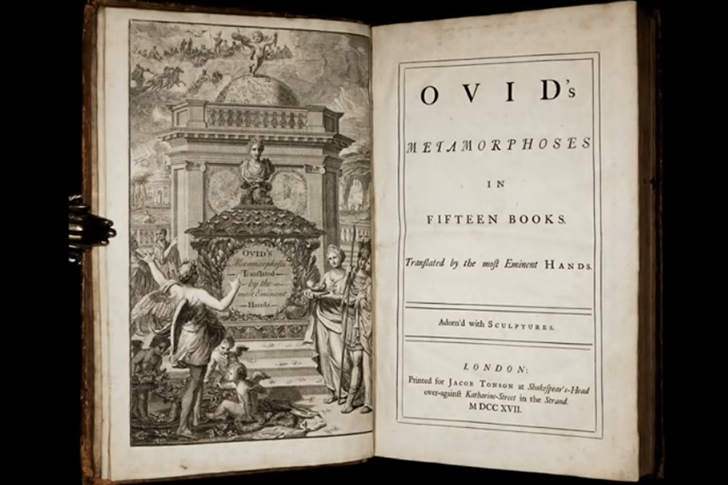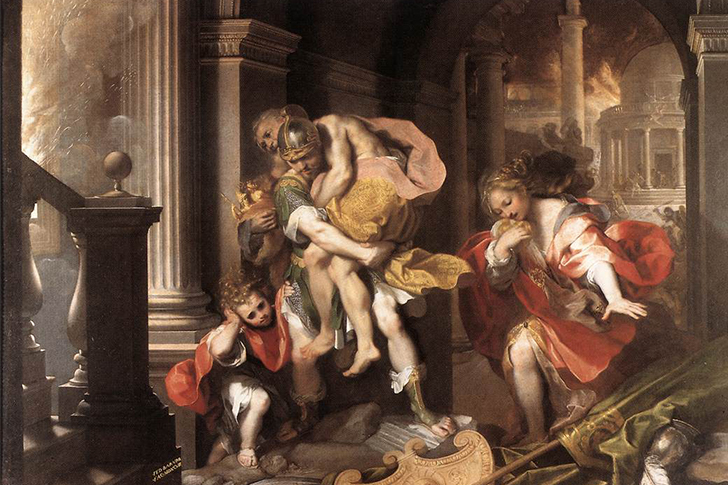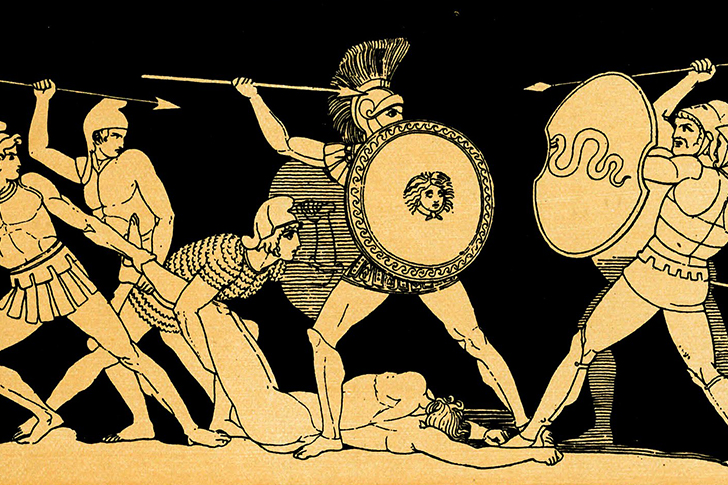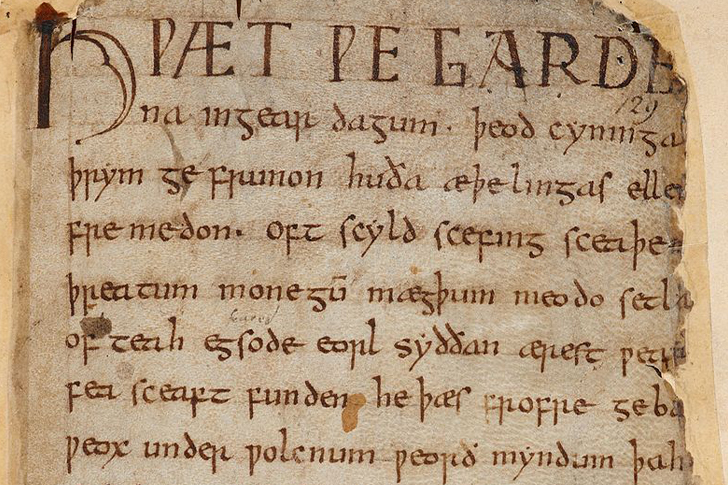The great poets of modern and ancient times have expressed the rise and fall of many civilizations. Poets of the old have combined language with adventure, war, romance, betrayal, and their reflection of all these topics. To their credit, they have very well captured the essence of people in their works, from satirical analysis of misguided heroism to semi-fictional accounts of the war.
Heroic poetry, better known as epic poetry, follows a particular time-tested pattern to portray heroes and their followers. Get to know more about the medieval poets’ works as we’ve curated a list of the greatest epic poems below:

Ovid – Metamorphoses (8 AD)
Written in epic dactylic hexameter, Ovid’s Metamorphoses is a myth that tells the story of how gods change to men. It portrays Greek and Roman myths, such as the story of Pygmalion, the sculptor who becomes infatuated with his statue, as well as Daphne’s transformation into a tree to escape a malicious suitor. The epic sought to educate the public, and it does not contain as much travel and bloodshed as Homer’s and Virgil’s works.

Virgil – The Aeneid (19 BCE)
Written during Emperor Augustus’s reign, The Aeneid became a great Roman epic, and it tells the creation story of the mightiest empire in the world at the time. The epic poem starts where the Iliad ends and describes Aeneas’ journey from Troy to Carthage, where he develops a relationship with Queen Dido. After leaving her, he travels to Italy to fend off enemies and discovers Rome. While he is not passionate like Dido, who committed suicide in anguish, his stoic attitude and investments towards his duty speak about the nationalistic pride Augustus wanted to impart to his people.

The Homeric Poems – The Iliad (~800 BCE)
While historians don’t know who Homer actually was, the poet’s identity is peripheral compared to the two texts he wrote that impacted Western Civilization. The Greeks, led by Achilles, move towards Troy to vanquish their adversary to take back Helen from Sparta. The flooring story depicts some involvement with the gods and the leader’s spar with Hector that portrays military heroism and the losses of battle. Many common phrases have emerged from this epic poem, including “Achilles’ heel” and “the Trojan horse.”

Ferdowsi – The Shahnameh (11th century)
This great Iranian epic, also known as The Book of Kings, has a sense of nostalgia from a past that is lost. The Shahnameh reminisces the old Zoroastrian traditions while chronicling the history of the Persian Empire, covering its Eurasian reign to its Muslim defeat during the 7th century. This poem earned a degree of notoriety and is rather historical than poetic. Ferdowsi drives it forward by writing accounts of intrigue and betrayal.

Beowulf (~8th-11th century CE)
Beowulf may be known as Britain’s national epic, but it is actually credited as a national tome in most Nordic countries. Beowulf is described as the strongest man that has ever lived. His story focuses on being hired by Hrothgar to protect his territory against a grotesque swamp creature called Grendel. At first, the epic poem was commended for its fantastic elements, but further criticism arose to defend its more important cultural implications.

Dante – The Divine Comedy (1308-1321)
Poet T.S. Eliot lauded unequivocal praise upon this masterpiece, describing it as “the highest point” that poetry can ever reach or has ever reached. Just as Virgil began his story where The Iliad concluded, Dante Alighieri takes Virgil along in his voyage through the depth of sin and the seven layers of hell. Cosmological but deeply personal in scope, the epic poem promoted Italian vernacular in a period when the Latin church ruled over his home country. The Divine Comedy indeed brought electricity to the hearts of its readers, and it is widely regarded as the most important work of medieval poetry.

